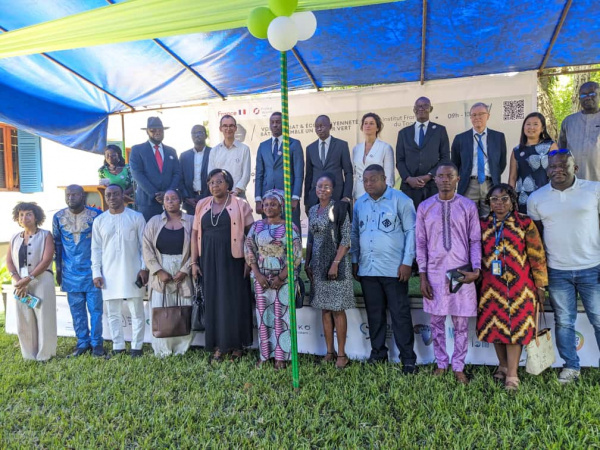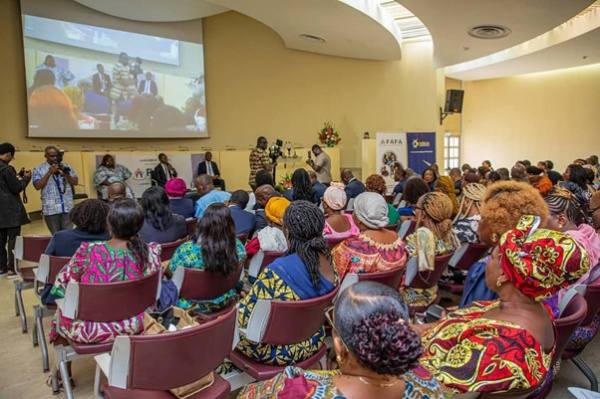The National Information Technology Development Agency (NITDA) has issued a strong call for the urgent harmonization of data systems across all government institutions. This initiative aims to bolster Nigeria’s digital economy and enhance the effectiveness of governance. The call came during the inaugural meeting of the National Civil Registration and Vital Statistics (CRVS) Coordination Committee held in Abuja.
NITDA’s Director General, Kashifu Inuwa, expressed serious concerns about the current state of fragmented databases within the country. He warned that these disjointed systems are severely undermining effective governance and hindering evidence-based policy planning. Inuwa emphasized that the lack of unified data hampers the government’s ability to make informed decisions that are crucial for national development.
“Unified and digitized records will enable smarter governance, more efficient service delivery, and better planning for national development,” Inuwa stated. His message underscored the importance of integrating data systems to create a more cohesive framework for managing information across various sectors.
The benefits of harmonizing data systems are immense. A unified database can streamline processes, reduce redundancy, and ensure that government services are accessible and efficient. It can also enhance transparency, which is vital in building public trust. By having a single source of truth, government institutions can collaborate more effectively and make decisions based on accurate and comprehensive data.
Inuwa’s remarks come at a critical time when Nigeria is striving to enhance its digital infrastructure. As the world moves towards digitalization, the need for robust data management systems becomes increasingly urgent. The government must prioritize data integration to support economic growth and improve the quality of services offered to citizens.
Moreover, the harmonization of data systems is essential for effective policy planning. Policymakers rely on accurate data to identify needs, allocate resources, and evaluate the impact of their initiatives. Fragmented data can lead to misinformed decisions, resulting in wasted resources and missed opportunities for development.
NITDA’s call for action is also a crucial step towards achieving the Sustainable Development Goals (SDGs). Accurate civil registration and vital statistics are fundamental for monitoring progress and ensuring that no one is left behind. By improving data systems, Nigeria can better track its development and enhance its capacity to respond to challenges.
The establishment of the CRVS Coordination Committee represents a proactive approach to addressing these issues. It serves as a platform for collaboration among various stakeholders, including government agencies, civil society, and international organizations. Together, they can work towards creating a more integrated and efficient data management system.
As the discussions progress, it will be essential for all parties involved to commit to a shared vision of data harmonization. This effort requires collaboration, resource allocation, and a willingness to embrace innovative technologies that can facilitate integration. Stakeholders must also ensure that data privacy and security are prioritized to protect citizens’ information.
In conclusion, NITDA’s call for the urgent harmonization of data systems is a significant step towards strengthening Nigeria’s digital economy. By integrating fragmented databases, the government can enhance governance, improve service delivery, and facilitate better planning for national development. The establishment of the CRVS Coordination Committee marks a positive move towards achieving these objectives. As Nigeria embraces digitalization, the focus on unified data systems will be crucial for building a more efficient and transparent governance framework. The nation stands at a pivotal moment, and the actions taken today will shape its digital future.









